Ukraine: Report from the frontline
Trapped in bomb shelters
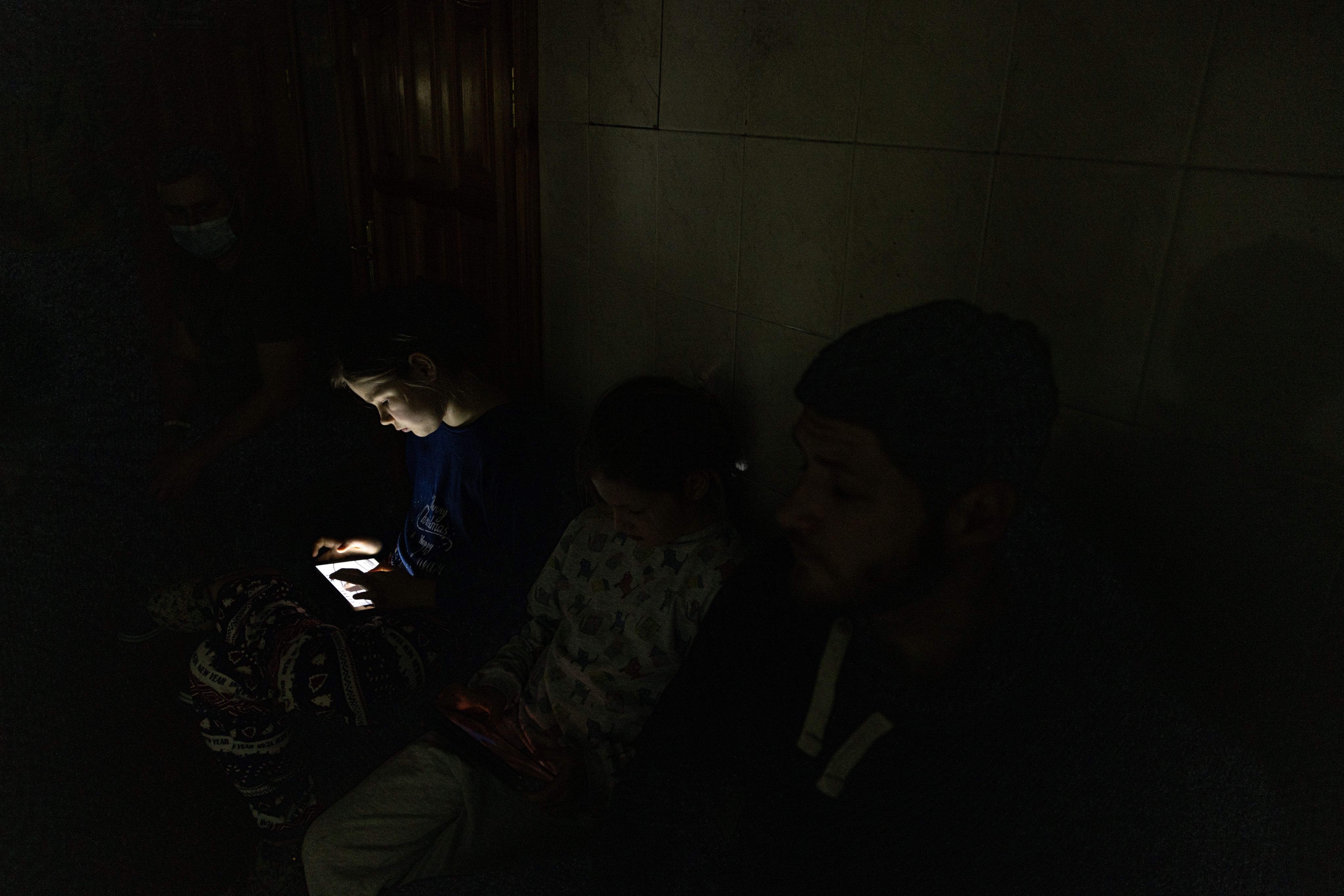
As an increasing number of people in Ukraine find themselves trapped in cities under constant attack and with no possibility of evacuation, our NRC colleagues are doing their best to take care of their own families and others in need.
At the same time, we are doing what we can to scale up our emergency response, both inside Ukraine and in neighbouring countries.
"Our staff in eastern Ukraine have spent many days and nights in cold, dark bomb shelters. They tell us that the local shops and markets are empty, and that basic necessities such as food and water are in short supply."
The situation in Ukraine is extremely volatile, with multiple civilian casualties reported each day.
“Since the war began, the safety of our staff has been a top priority.” says Ana Povrzenic, NRC Ukraine’s country director.
“One never knows where it will hit next.”
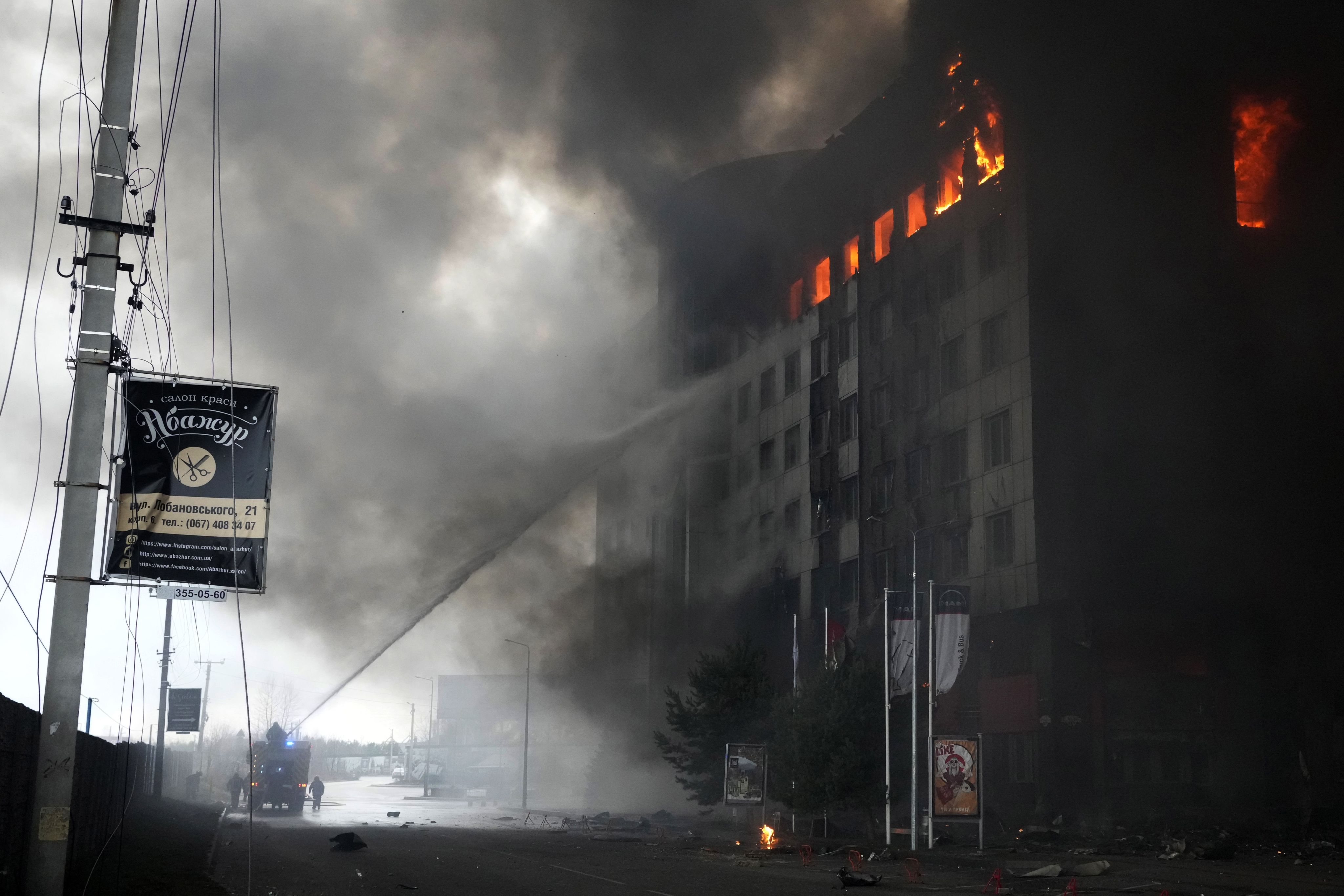
Some of our staff who have been relocated to western Ukraine tell us that the situation there is more stable and relatively safe.
However, as hundreds of missiles have already rained down across different parts of Ukraine, “one never knows where it will hit next”, they say.
Even in western regions, such as Lviv, Ternopil or Ivano-Frankivsk, the sound of air-raid sirens can be heard every day, usually in the morning and late at night.
People have not been able to sleep normally since the conflict began and are desperately exhausted, both physically and emotionally.
“Millions are forced to flee”

Many of our staff were displaced from Donetsk and Luhansk when the conflict first broke out in 2014. Now they have been forced to flee again. They are concerned about their families and uncertain about the future.
“One colleague tells us that being forced to flee for a second time makes her feel lost, broken and ‘homeless’ once again. Though safe herself, she can’t stop thinking about her family and friends who remain in areas affected by intense fighting,” says Povrzenic.
“One colleague tells us that being forced to flee for a second time makes her feel lost, broken and ‘homeless’ once again.”
Some of our staff are now combining their daily NRC work with volunteering in local humanitarian centres in the areas where they are now living. Doing something to support others helps them cope with their own stress.
“The need for humanitarian access and safe evacuation of civilians is urgent”
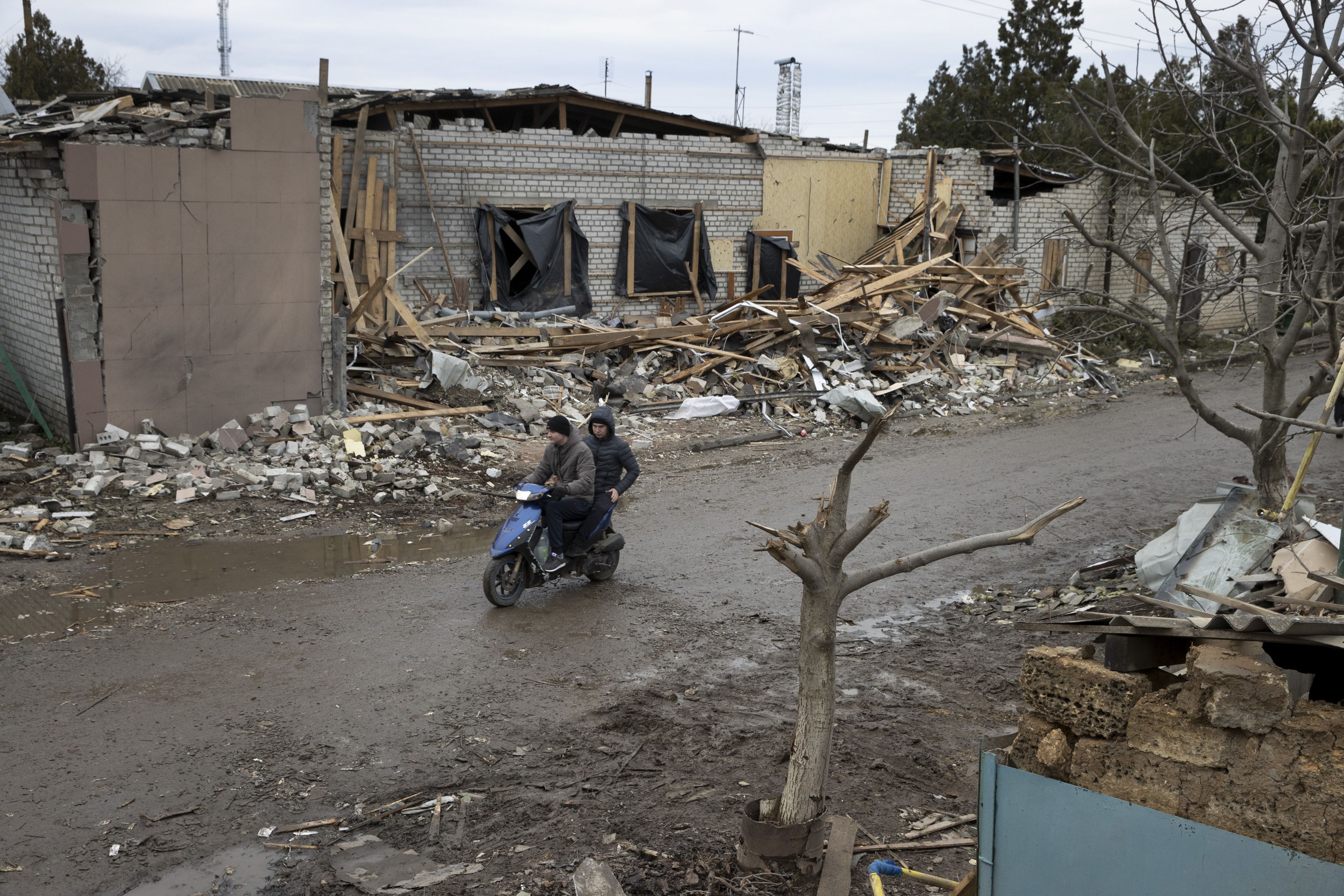
In the areas where the fighting is ongoing, such as Kharkiv and Donbas in the east, Mariupol in the south-east, Kherson in the south, and the capital Kyiv, the need for humanitarian access and safe evacuation of civilians is urgent.
The relentless shelling has caused significant damage to infrastructure, cutting people off from vital services. Critical supplies, including food, medicine, hygiene items, fuel and cash, as well as access to healthcare, are becoming increasingly scarce in the hardest-hit areas.
“Our staff report that they have received many calls via NRC’s hotline about the lack of food, diapers and water.”
“Our teams are now developing an emergency response”
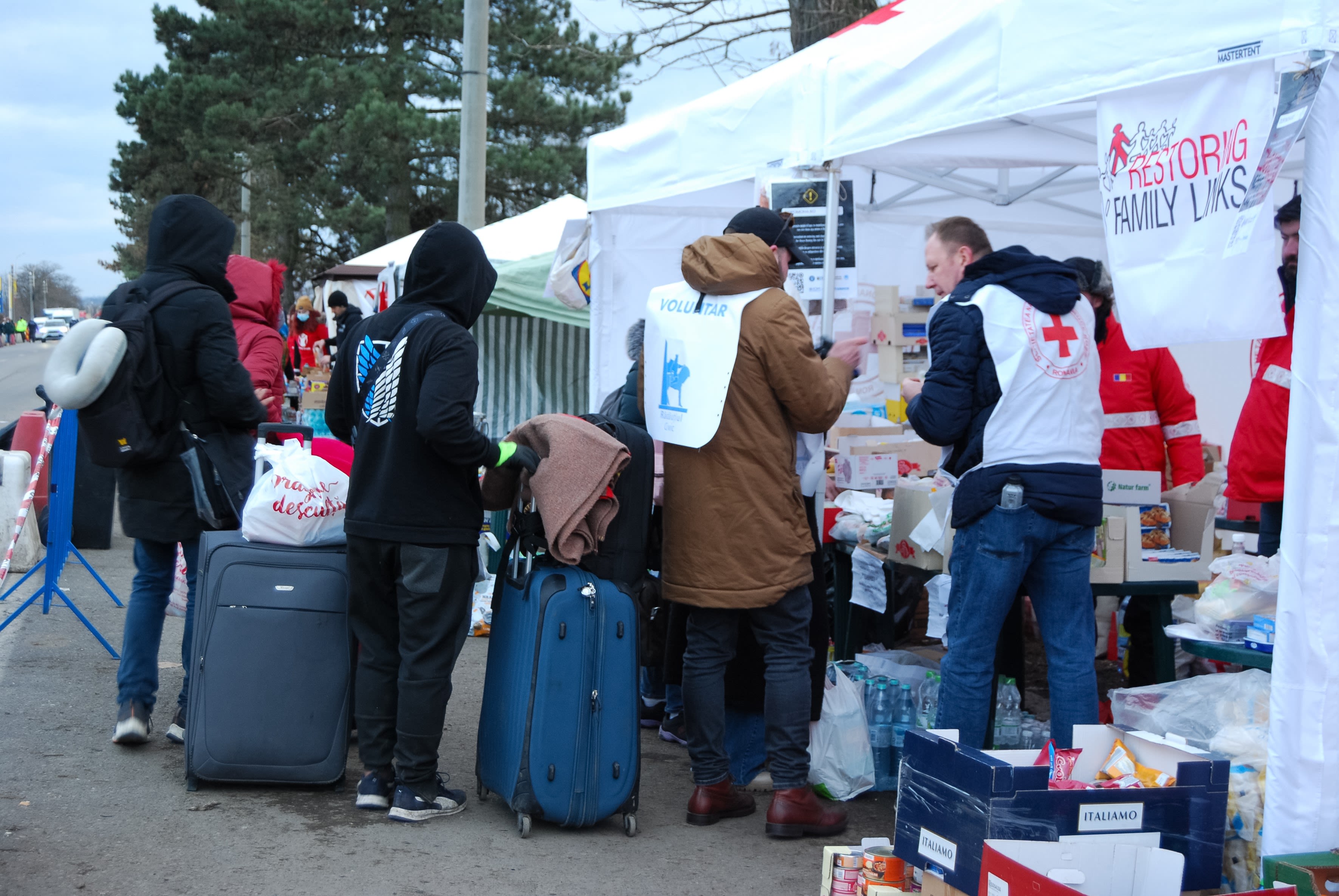
Those NRC staff who have relocated to safer areas and resumed work have formed an emergency response team.
They are now developing emergency response plans to help the most vulnerable people who remain in conflict areas and are unable to relocate.
“Our primary objective is to provide life-saving assistance to the population trapped in cities in the East and we need agreement on ceasefire and safe passage of humanitarian convoys to accomplish that. We’ll also support displaced people who are fleeing their homes both inside Ukraine and over the border, as well as those who have settled temporarily in the west of the country,” says Povrzenic.
“Cities are turned into transit hubs”
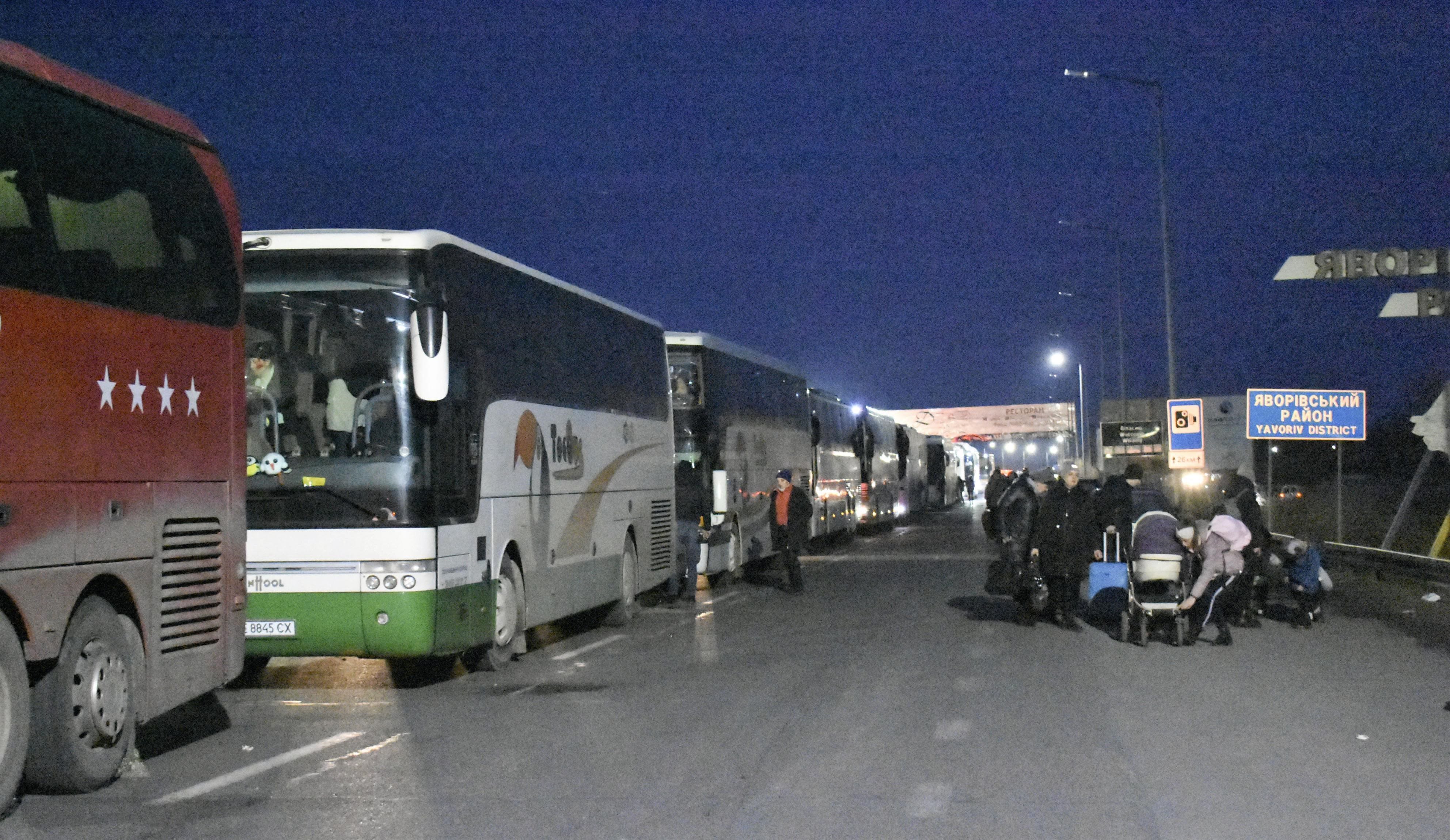
Cities in western Ukraine, like Lviv and Uzhgorod, as well as smaller towns and villages, have turned into transit points for displaced people heading abroad. They also serve as hubs for displaced people who plan to stay within the country.
In Lviv, there are many aid tents next to the railway station where displaced people can seek assistance from NGOs and volunteers.
Most people are being directed to the local authorities, who are providing temporary shelter and food.
The city is overcrowded. The shops are still quite well-stocked, but there is a shortage of bread and meat in the afternoons. There is also a lack of medical supplies.
“We have an open hotline”
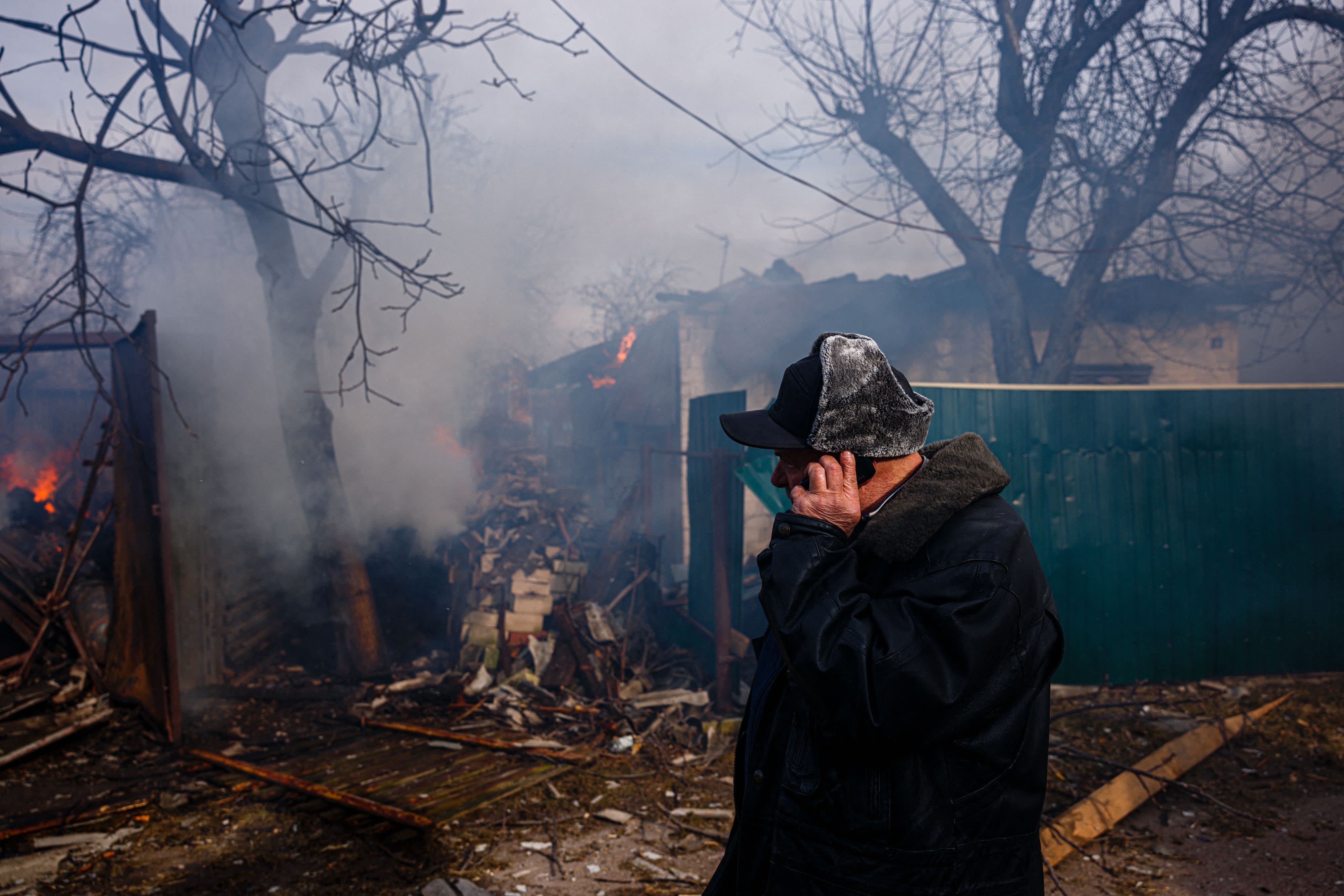
“Our staff report that local communities and volunteers are well-organised and are helping the newly displaced with their basic needs. However, some needs are proving harder to meet than others. For example, electric heaters are difficult to get hold of and prices have gone up,” says Ganna Dudinska, and continues:
“We have recently resumed our information services within Ukraine, including our hotline and other communication channels. We are supporting people with access to information on documentation, social security payments and pensions, as well as advising on procedures for international border crossings and asylum.”
NRC are also set to provide more general information related to logistics, transport and availability of shelters.

